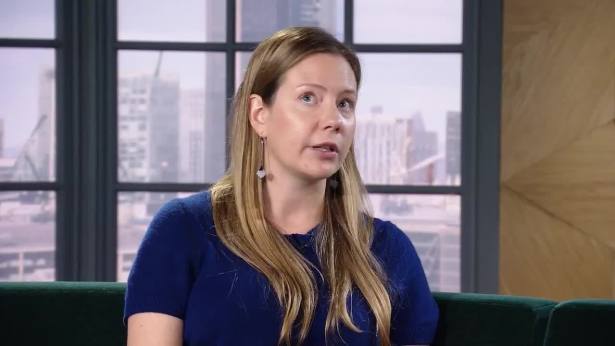
Value investing can be sustainable, but this approach would also require hard exclusions of the dirtiest sectors, according to guests on the latest FTAdviser podcast.
Over the past 12 months there has been a shift in investments away from growth towards value amid an environment of high interest rates and high inflation.
Value investing is an investment philosophy whereby the investor buys assets that they believe to be undervalued by the market and thus have the potential to generate returns.
This differs from a growth strategy, in which the investor looks to identify companies that will outperform the market because of their future potential.
While many responsible and ESG strategies have a strong growth bias, a value style can also be aligned with a sustainable approach, Roberta Barr, head of value team ESG – fund manager at Schroders said.
But she added that while a fund manager can follow a value and sustainable approach to investing, it would not be possible to hold sin sectors as part of this strategy.
These sin sectors tend to include thermal coal, oil sands and the tobacco companies, which might form a stalwart of some older value investment funds, but under the sustainability criteria, they tend to get excluded.
Barr added: “Sin sectors are an area of controversy. These sectors are some of the most attractive sectors in the market so as a sustainable value investor you get a bit of pushback; that if you cannot hold some of these more attractive sectors, then potentially, you are going to miss out on potential outperformance and you will underperform.
“We are honest and transparent about it and we say: that’s right. If you are going to invest sustainably, you can't hold sin sectors, which does reduce your potential to outperform, but it is so important not to over exaggerate this.”
She pointed to the 30-year performance of an unconstrained value portfolio which outperformed its benchmark by 5.2 per cent each year, to back up her point.
After excluding sin sectors from the portfolio – tobacco, gambling, oil and gas and anything considered close to a sin sector – the constrained value portfolio on average outperformed by 5 per cent.
“So, it was not the 5.2 per cent of the totally unconstrained fund, but only 0.2 per cent less. [Using this example] it is important to highlight, that value investing is much more than sin sectors. There are so many other opportunities in the market, where you can get those attractive valuations without compromising on your sustainability criteria.”
And in the current tough economic environment Barr added that sustainability was even more critical.







